Lighting is sometimes overlooked in interior design because people underestimate its ability to change a room. When it comes to decorating, most people focus on furniture, carpentry, and walls, but lighting is virtually an afterthought. Most DIY designers plan their designs by comparing couches on online furniture stores or finding excellent bargains on vintage tables at yard sales. These are great places to start, but the expert designers know to also spend some time researching the correct lighting solutions for their space. Even if you aren't aware of it, ambient light can have an influence on your mood.
Without appropriate lighting, your house’s design and architectural beauty can’t be appreciated to their full potential. A well-lit room ensures that your house has a pleasant, appealing, and practical feel. Lighting can be used creatively to enhance your design effort. Lamps and other lighting components, when matched properly with your home design and decor, can have the power to bring your place to life. Yes, choosing the proper lighting may help you strike the perfect mix of aesthetic, comfort, and functionality. Lighting can be used in a variety of ways to create amazing interior decorations in your house. Here's a quick guide to incorporate proper lighting in your home.
Three Types of Lighting for Different Jobs
Because a single area frequently serves many functions, for example, working, relaxing, or dining, it is critical to have multiple forms of lighting in each location. According to the experts every space should have three types of lighting: ambient lighting, task lighting, and accent lighting. Each form of lighting is intended to meet a certain requirement and should be utilized in a distinct application or setting in each space. Following this layered approach to lighting design will result in an effective lighting scheme that establishes the tone for your area, allows you to accomplish certain activities, and assists you in moving around the space.
A. Ambient Lighting

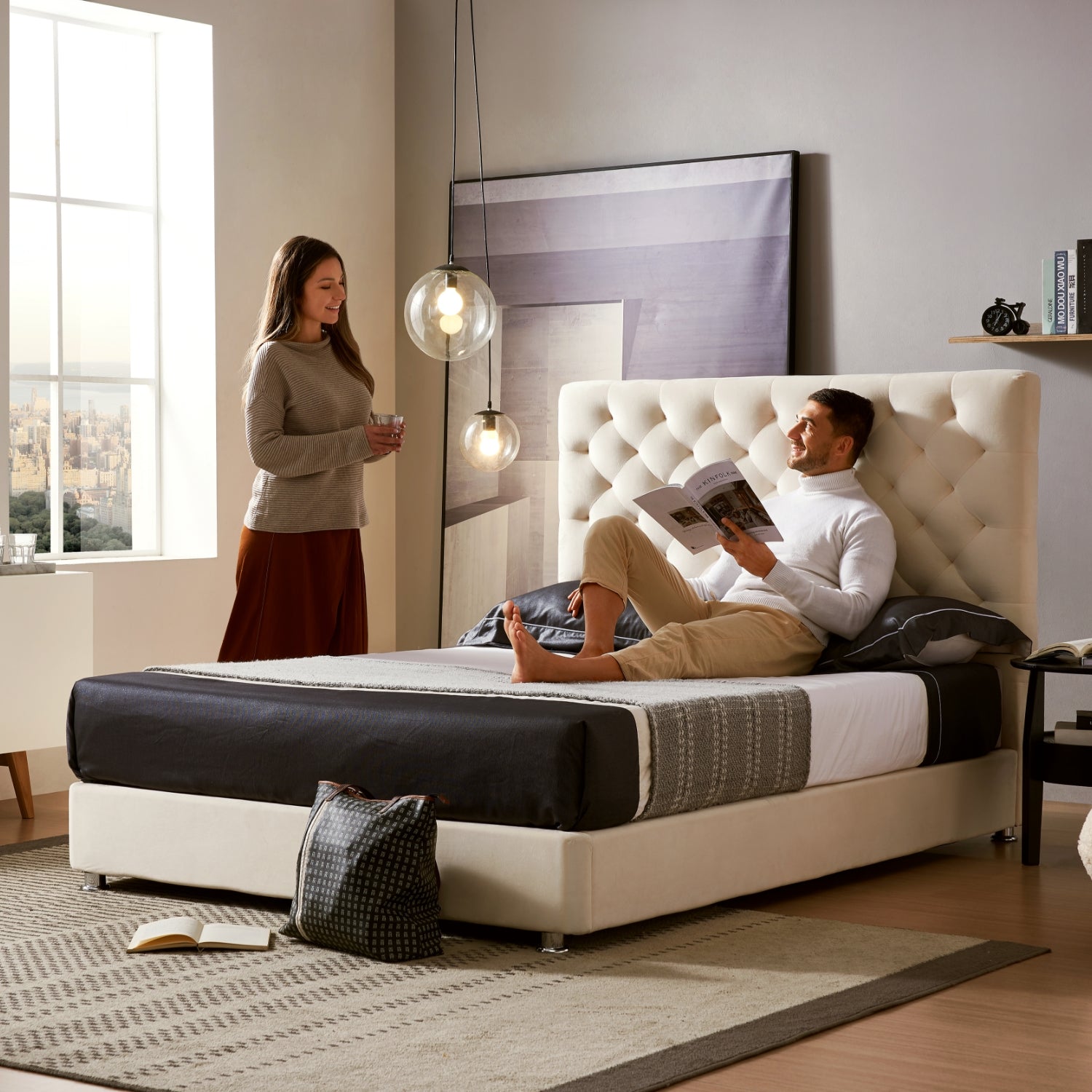
The ambient light in space serves as a decorative element. That makes sense given that the goal is not to illuminate the area for practical reasons, but rather to make it seem more welcome and pleasant. The sort of ambient lighting utilized in a place is determined not only by the function of the room but also by the style that distinguishes its interior decor. It is also preferable to have several modes and intensities to customize brightness based on your current mood.
Ambient lighting may be accomplished in a variety of ways. The most popular method is to use a ceiling light. Incorporating LED lighting components in the bedroom, game room, or other relaxing spaces is becoming more and more in demand and can produce particularly fascinating effects. It may be LED strips put on the bottom inner border of the bed, creating indirect illumination under the bed or installed in closets and around the edges of furniture. A bed with a tall headboard, like the Kingsley, looks ethereal with a warm, white backlight behind the headboard. Another common use is to use these strips to backlight TVs and gaming setups. All of this creates a soft, consistent glow in the space.
B. Task Lighting


Task lighting directs brightness to a specified location to aid in the performance of visual tasks. It differs from area and mood lighting, which are merely intended to generate stylistic effects. Task lighting comes in a variety of forms, ranging from reading lamps to lights put beneath kitchen cupboards to ensure that countertops are well-lit.
In the living room, task lighting is typically used by people who like hanging out late at night to play board games or to read books. When the main light in a living room is too harsh for the entire family, the task light can reflect the light into just the right spot. It can also provide concentrated light for complex tasks, such as stitching, if the main light does not provide enough focused light for the activity at hand. Another common application for task lighting is in the home office or study. Task lighting is often provided by a table lamp or Bernz Desk light, like the Sfoop Lamp. It not only provides direct light onto your workstation, but it also eliminates the possibility of unpleasant shadows from your ceiling lights.
C. Accent Lighting


Accent lighting is an extremely focused light that is meant to direct the viewer's attention to its focal point. Accent lighting is a great way to add elegance and drama to any room. This will assist you in illuminating the items you wish to display while shading other regions to make a strong contrast and direct the viewer's eye. Accent lighting is utilized for wall washing, artwork, bookshelf displays, furniture, collections, and architectural highlights.
Accent lighting is separated into two categories: indoor and outdoor fixtures. A stunning and eye-catching chandelier, for example, may be a lovely focal point. A chandelier over the dining room table is a beautiful option and can also be used to give style to living room spaces. For outdoor ideas, you can install path lights on the ground along both sides of a walkway or around flower beds to accentuate their appeal.
While lighting may draw attention to the greatest features of your home, it can also draw focus away from features that are less visually appealing. You can highlight the beautiful trees in the front yard while strategically placing the shed in the shadows. As a result, you've effectively diverted attention away from a less desirable feature. This improves the ambiance and curbs appeal of your house.
How To Incorporate Your Decor Themes Into Your Lighting Sources


A successful lighting design is dependent on the light source's properties and how you distribute it in the room. So, how can you successfully mix and match styles for a put-together appearance that is uniquely yours? First, choose a focal point and let the rest of the styles drift into the background. A stunning chandelier is meant to steal the show, so let it. It's difficult to look away from the eye-catching, visual centerpiece. You can direct focus to the centerpiece by using more simple lighting options to finish out the space.
Remember to make use of a common thread. Your bedside lights should fit the color scheme of the rest of your bedroom, for example. Consider a dark-colored lamp, like the Shroom Lamp in black, if your bedroom furniture is made of darker or stained wood. If your bedroom set is white, you can match the lights to your bedding rather than the end tables' hues. The oak white Valqee 3 Drawer Side Table, for example, will complement a lamp with a darker base. You may also match materials of the same hue. For example, a dark metal headboard and matching end tables may imply dark metal lamps with white shades to enhance the aesthetic of your bedroom.
Tie Your Look Together
Lighting truly makes a difference in the environment in which you live. Your home's lighting is just as essential as its construction. If your lighting isn’t done right your interior design just won’t achieve the look you are going for. Remember that lighting is the most essential aspect of interior design which is sadly ignored by most of us. Understanding the significance of lighting in interior design contributes to the elegance, refinement, and style of your house.

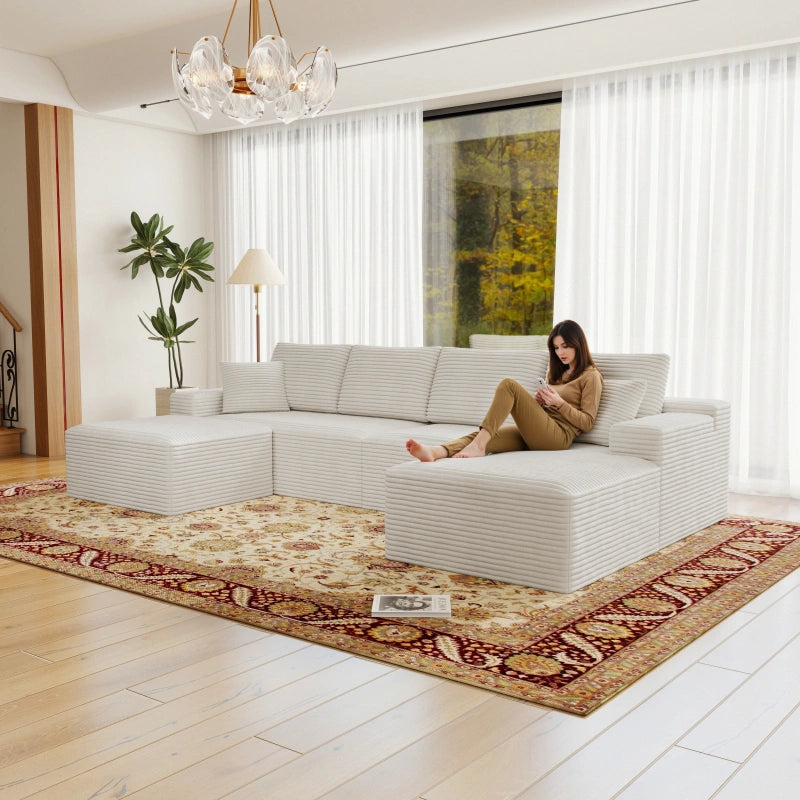
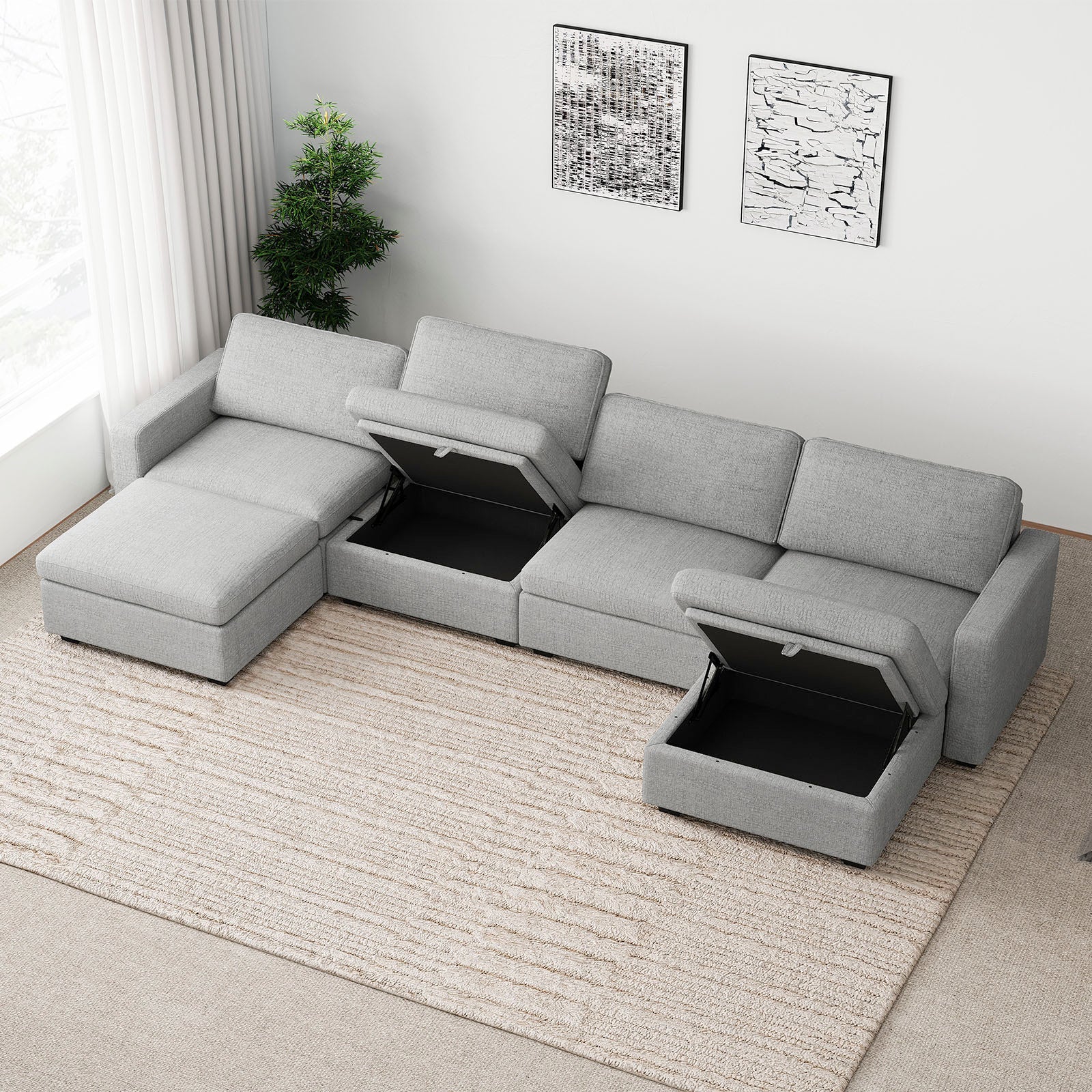
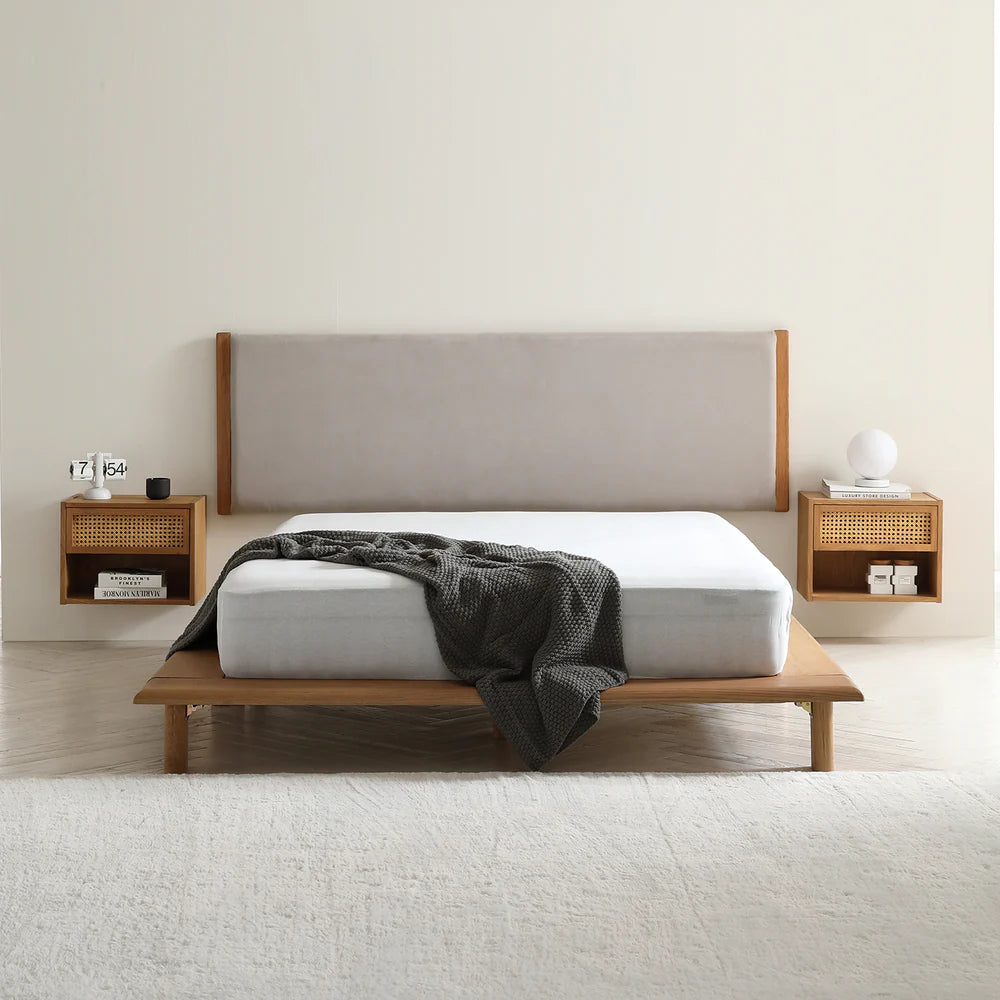
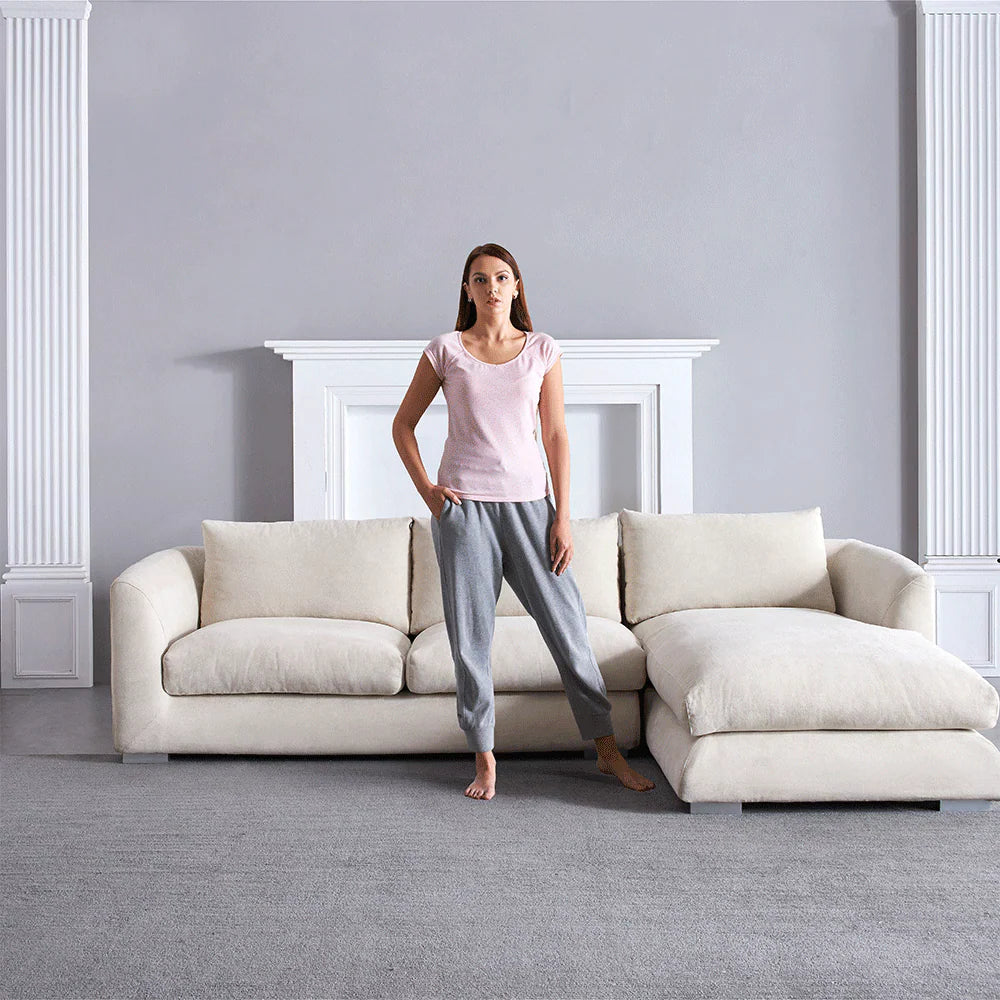
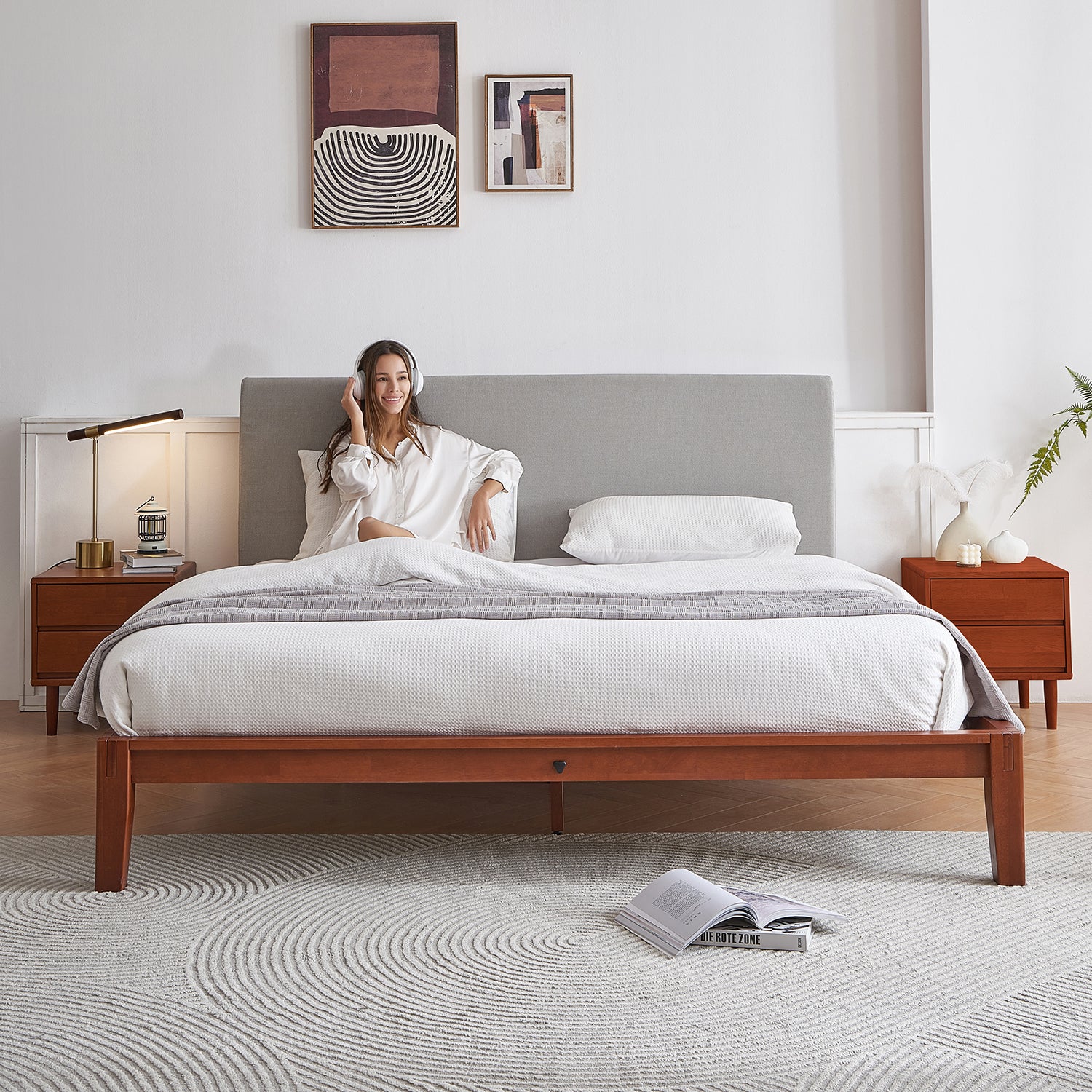
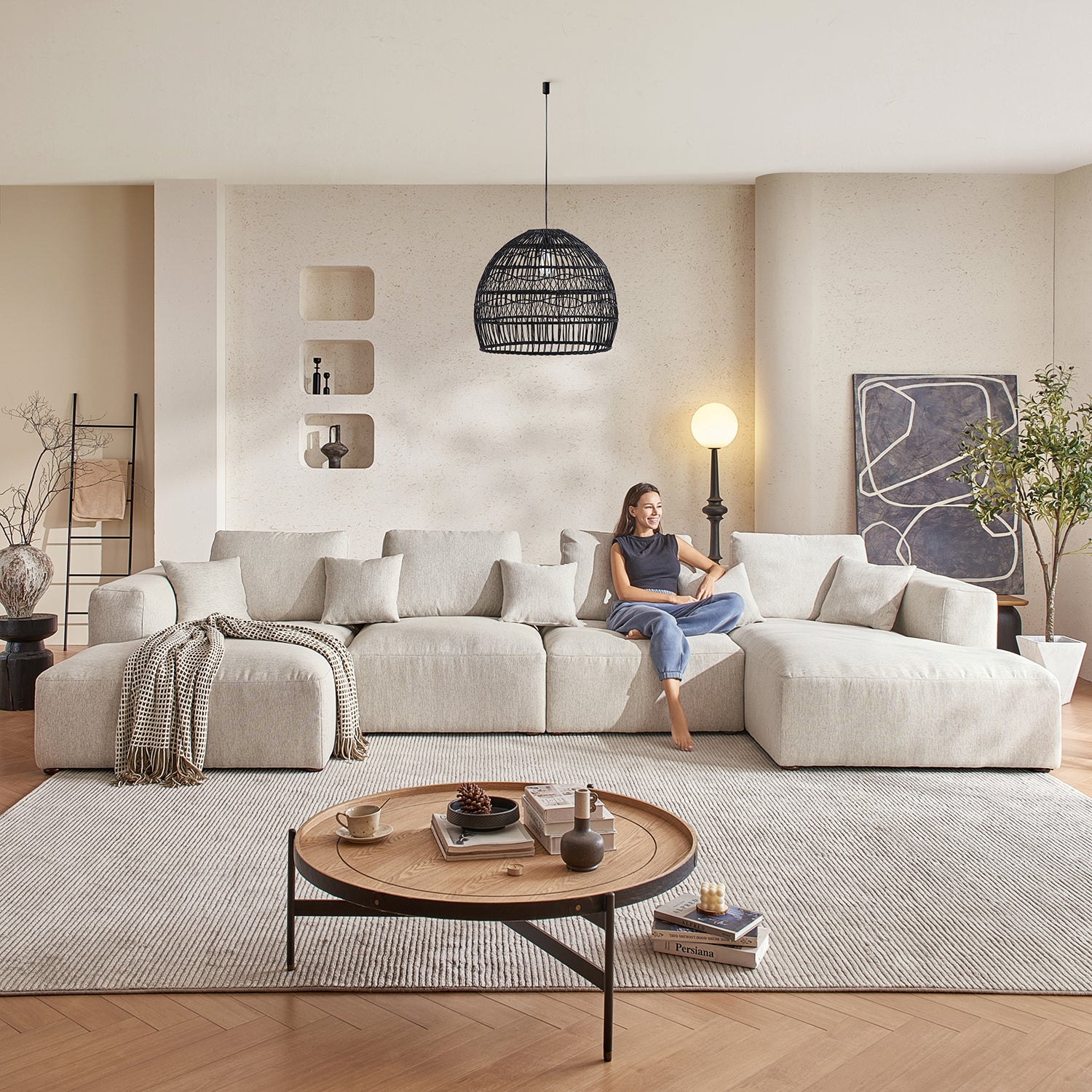
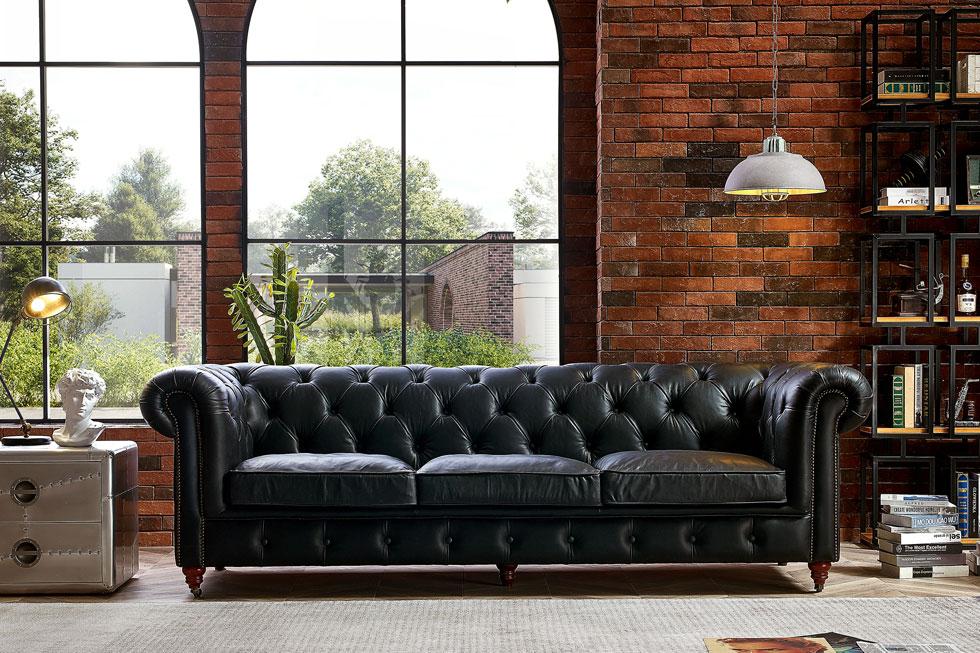
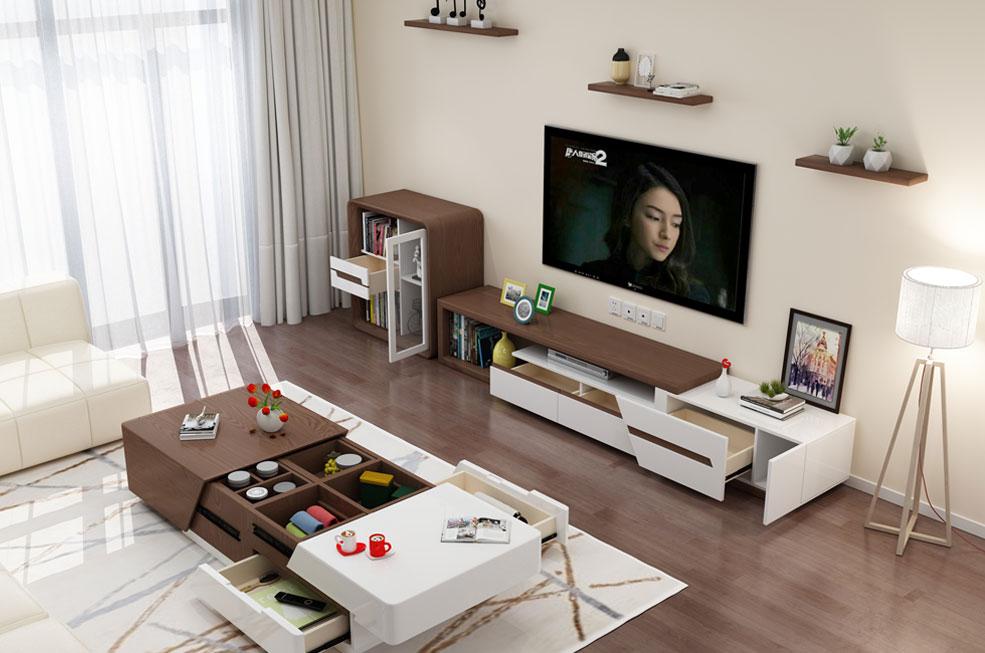


Leave a comment
All comments are moderated before being published.
This site is protected by hCaptcha and the hCaptcha Privacy Policy and Terms of Service apply.